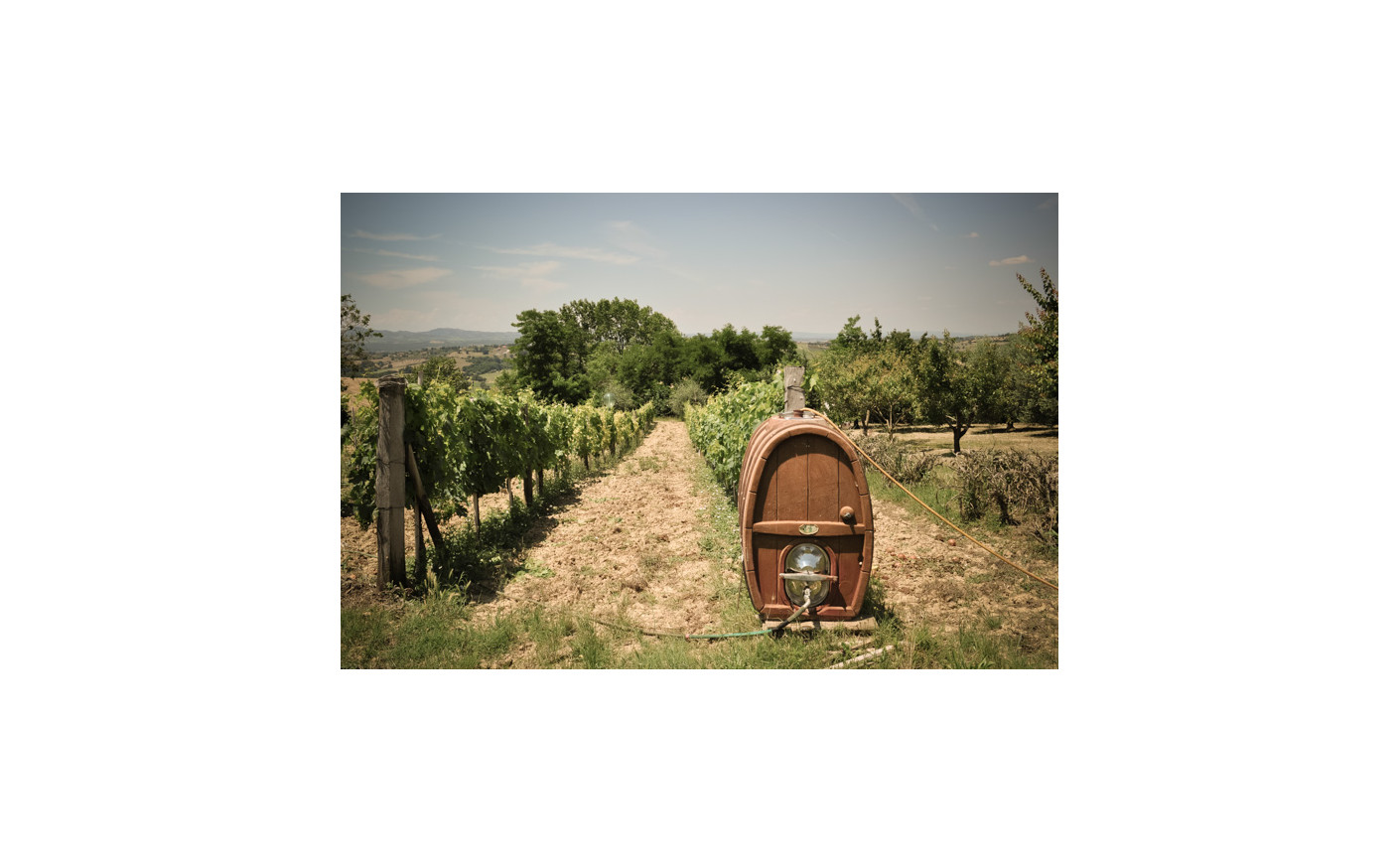
Sustainable agriculture
In an accelerated and globalised era, the agri-food issue is back, due to the ever-increasing focus on food security and the spectre of imminent food instability due to an increase in the world's population. Sustainable agriculture is an interesting topic of in-depth study to try to respond to new needs of ethics and health related to food. In fact, it presents itself as an agricultural practice respectful of natural resources but also of human resources, involved in the production process. From an economic point of view, too, it seeks to provide the basis for more advantageous agricultural work in market access for producers, while respecting workers' rights, improving the quality of life of society as a whole. There is no single definition of Sustainable Agriculture; it is composed of different approaches but all with ethical aims that bind and support all the actors involved in this sector. So, it's the purposes that identify sustainable agriculture and not methods. Agricultural models that can relaunch Sustainable Agriculture are based, for example, on Organic, a production method that follows Regulation EEC 2092/91 and avoids the over-exploitation of resources such as soil, air and water, admitting the use only of natural substances in fertilization and biological pest control. Biodynamic Agriculture is another method, based on the anthroposophic principle based on respect for the terrestrial ecosystem and natural cycles of flora and fauna in concert with astral, seasonal and circadian phenomena. In this way, spontaneous self-regulation of plants is supported, reducing their stress to increase their productivity. The permitted pesticides are only natural and preferably administered at homeopathic doses. To these cultivation approaches are added the concept of social solidarity and trust that closely bind producer and consumer in the market, which thus reduces the distances not only physical but also economic and cultural between the parties. Silvia Barrucco

All comments